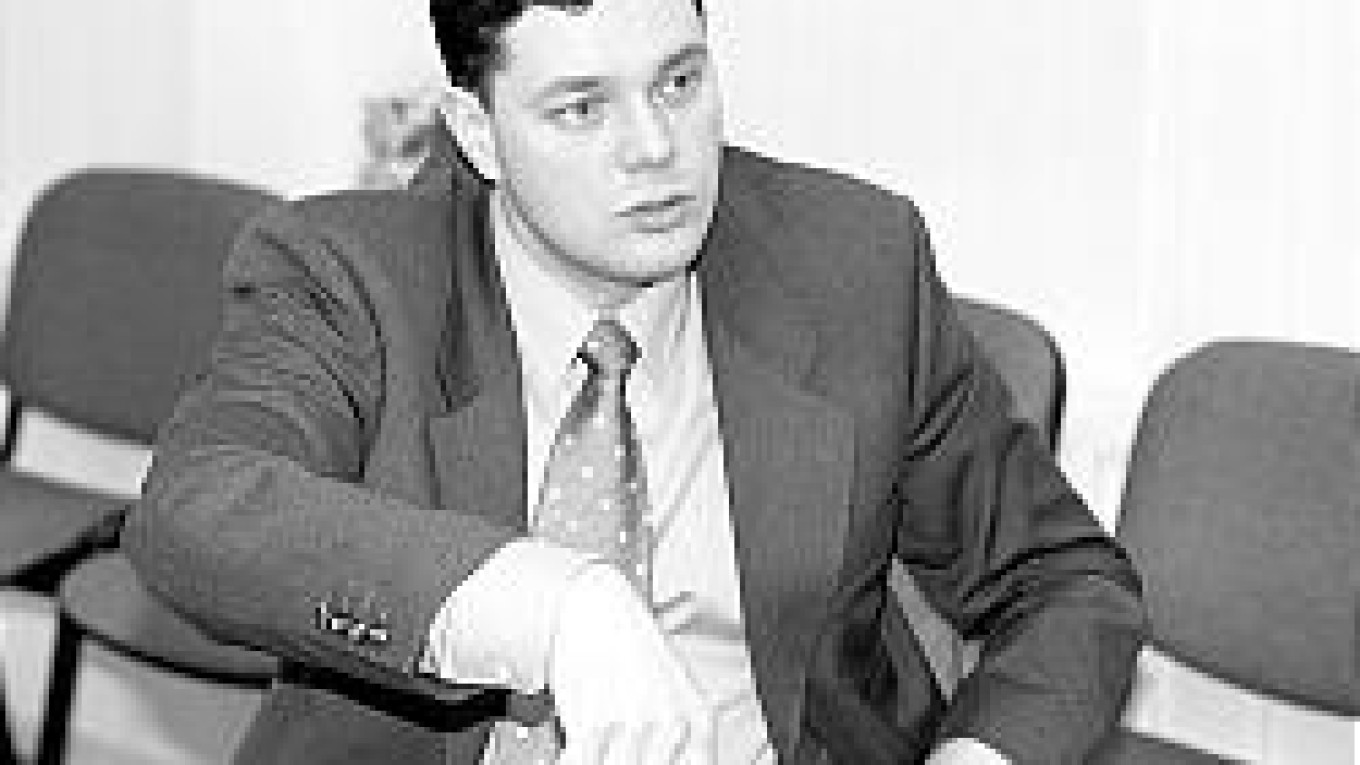"Generally speaking it is bad for the Russian economy because of the high concentration of power in the hands of just several groups," he said in an interview.
"The problem is the big group of people who live below minimum living standards,'' he said.
The only way wealth can be spread around more widely in Russia is for big business to campaign for the government to sweep away red tape and other obstacles that are strangling the growth of an entrepreneurial culture, he said.
"If you create better conditions, a better business environment for big and small enterprises at the same time, it will be reflected in the growing number of small companies coming to the market providing services and so on," he said.
Ranked as one of Russia's 17 dollar billionaires by United States business magazine Forbes, with a personal fortune of $1.2 billion, Mordashov says he literally cannot measure his wealth.
"I don't know actually. I never calculated it myself," he said when asked about his wealth in a recent interview at his company Severstal's modest headquarters at the heart of a giant soot-blackened steel complex in this town north of Moscow.
He blames his ignorance of the exact size of his personal fortune on the murky world of Russian high finance.
"It's extremely difficult to estimate because of the lack of transparency of the Russian capital market," he said, wolfing down a meal of cold cuts and fish in the company boardroom.
Mordashov rose through the ranks at Severstal, which he joined in 1988, to become its director general in 1996 while still only 30.
His wealth is based on ownership of some 16 percent of the company's stock.
He is now chairman of the company he helped transform from a lumbering Soviet behemoth into Russia's most competitive privately run steel exporter, shipping some 50 percent of output abroad to markets from South Korea to Spain.
Severstal is ranked as the world's 19th largest steel firm.
As one of a select few captains of industry who preside over a big slice of Russia's productive economy, Mordashov is known as an oligarch, a word which mingles the awe and dread with which the nation's rich and powerful are regarded.
Mordashov believes the extreme concentration of wealth and power in the hands of a few may just be a passing phase.
"We cannot have a prosperous economy with only big enterprises," he said. "[The oligarchs] are too rich to be stupid and not to understand that."
"Maybe it's an inevitable stage of development of the Russian economy, considering the history, mentality and habits ... of Russia," he said.
Some analysts believe Russia's big business tycoons want to retain a stranglehold on the economy and have little interest in the emergence of a thriving class of small entrepreneurs who might challenge their primacy in the future.
Mordashov appears to believe that not all his fellow tycoons have the interests of the country at heart.
Sometimes "they don't demonstrate commitment to their country's future," he said.
But although the nation's tycoons want to increase their wealth, "they understood very well that it is very much connected with the development of the country as a whole," he said.
As a leading figure in Russia's industrialists association, the RSPP, Mordashov says he is trying to persuade the government to help create a more business-friendly environment in which small firms can flourish.
"A lot of legislation was changed with the support of the RSPP. Not in favor of certain groups only, but in favor of the country as a whole," he said.
The government has introduced a new tax code but some of the most difficult reforms -- such as streamlining a corrupt and grossly inefficient civil service and simplifying Byzantine customs procedures -- lie ahead.
He also champions Russia's campaign to join the World Trade Organization.
"I am fully convinced that Russia is prepared to be in the WTO," he said.
The nation's top businessmen share his enthusiasm for joining the WTO even though powerful aluminum and auto magnate Oleg Deripaska broke ranks by opposing early WTO membership.
"They all heavily support this idea," Mordashov said.
"We would like to have access to the international quality of life and we do understand very well there is nothing possible without liberalization, without transparency in Russia."
A Message from The Moscow Times:
Dear readers,
We are facing unprecedented challenges. Russia's Prosecutor General's Office has designated The Moscow Times as an "undesirable" organization, criminalizing our work and putting our staff at risk of prosecution. This follows our earlier unjust labeling as a "foreign agent."
These actions are direct attempts to silence independent journalism in Russia. The authorities claim our work "discredits the decisions of the Russian leadership." We see things differently: we strive to provide accurate, unbiased reporting on Russia.
We, the journalists of The Moscow Times, refuse to be silenced. But to continue our work, we need your help.
Your support, no matter how small, makes a world of difference. If you can, please support us monthly starting from just $2. It's quick to set up, and every contribution makes a significant impact.
By supporting The Moscow Times, you're defending open, independent journalism in the face of repression. Thank you for standing with us.
Remind me later.


